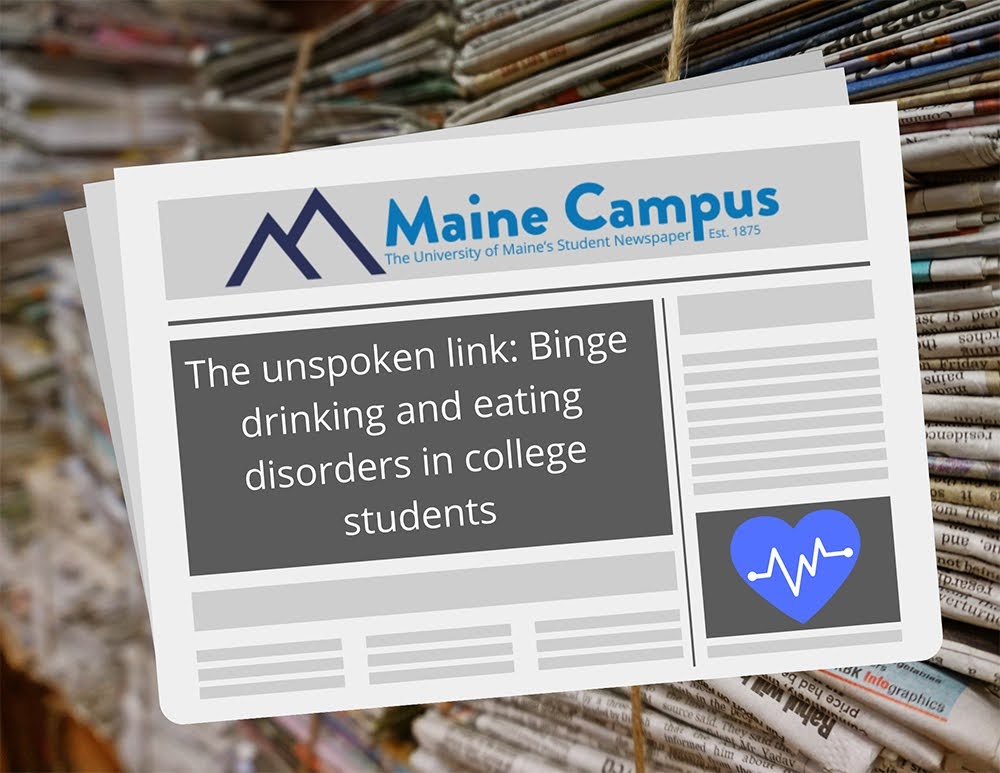For some college students, a night out may look like drinking a couple of beers with friends over dinner, or having a margarita or two after a particularly stressful day of classes. However, for many, it’s guzzling as many drinks as possible after avoiding eating for much of the day, followed by a miserable night of sitting on the bathroom floor “pulling trig” — making yourself throw up after drinking too much. This pattern of self destruction is becoming more and more apparent in college students, particularly young women, and the language surrounding it is becoming far too normalized.
It’s not uncommon to hear that people have avoided eating all day, so that they have less in their stomach to soak up the alcohol. Coupled with “pulling trig,” these practices are talked about casually and glorify neglecting yourself and abusing alcohol on a regular basis. These behaviors have become the norm for college-aged people, getting as drunk as possible by any means necessary, but society has little to no concern for the damage young college students are truly doing to themselves in this process.
A study done in 1996 investigating the link between alcoholism and eating disorders, explains that the lifetime rates of any comorbid eating disorder among Alcohol and other Drug [AOD]-abusing women are significantly higher than in the general population, ranging from 15 to 32% Additionally, 72% of all female alcoholics under the age of 30 had lifetime histories of comorbid eating disorders, compared with 11% in the entire sample. Again, the majority of these patients (89%) suffered from either bulimia nervosa or binge-eating/purging anorexia nervosa. Thus, the association between eating disorders with bulimic features and alcohol-use disorders appears to be particularly strong among young women.
Binge drinking is a dangerous act, where the drinker consumes excess amounts of alcohol in a short period of time, which can be particularly dangerous to do on an empty stomach as it increases the risk of alcohol poisoning, memory loss and alcohol-related injuries, according to Alcohol Rehab Guide.
There needs to be a drastic shift in the language and behavior used regarding college-aged people drinking. We should praise taking care of yourself properly over getting drunk quickly.
Many college students may feel as though attempting to get as drunk as possible every weekend is a rite of passage due to social pressures and depictions of college-aged students on the big screen. Add in social media, with companies like Barstool that profit off of posting videos of college students doing stupid things when they’re drunk, and the stigma around drinking in college continues to worsen and becomes even harder to break.
However, this pattern can be broken if the consequences of excessive drinking in college, as well as the connection between binge drinking and eating disorders, are taught far more generously to younger generations. The use of language that glorifies eating disorders and excessive drinking is not only far too normalized, but can be very triggering for those already struggling with eating disorders and/or body dysmorphia. It is time to change the narrative surrounding drinking in college. In fact, it is long overdue.




